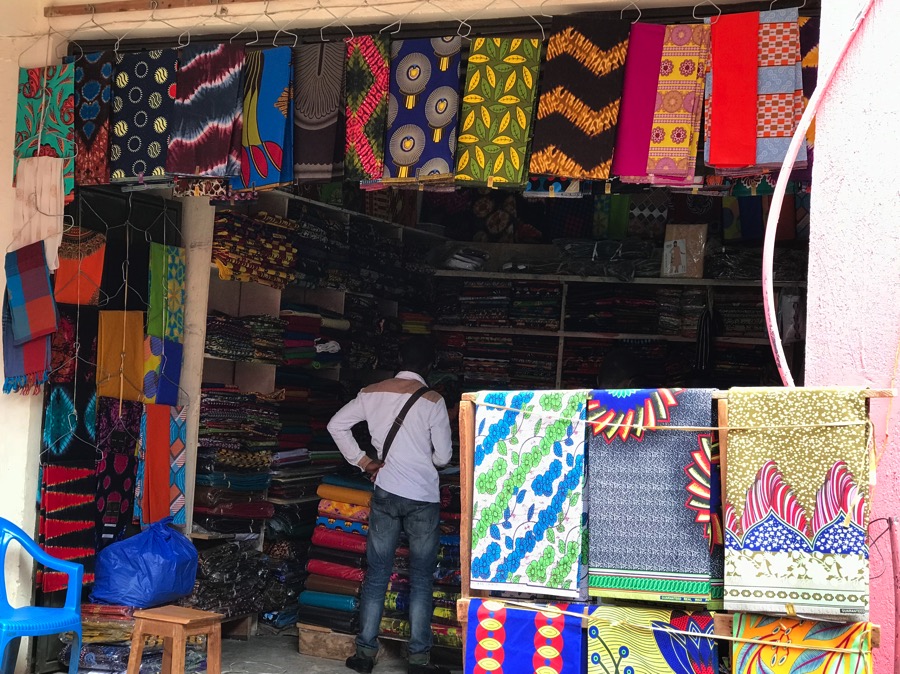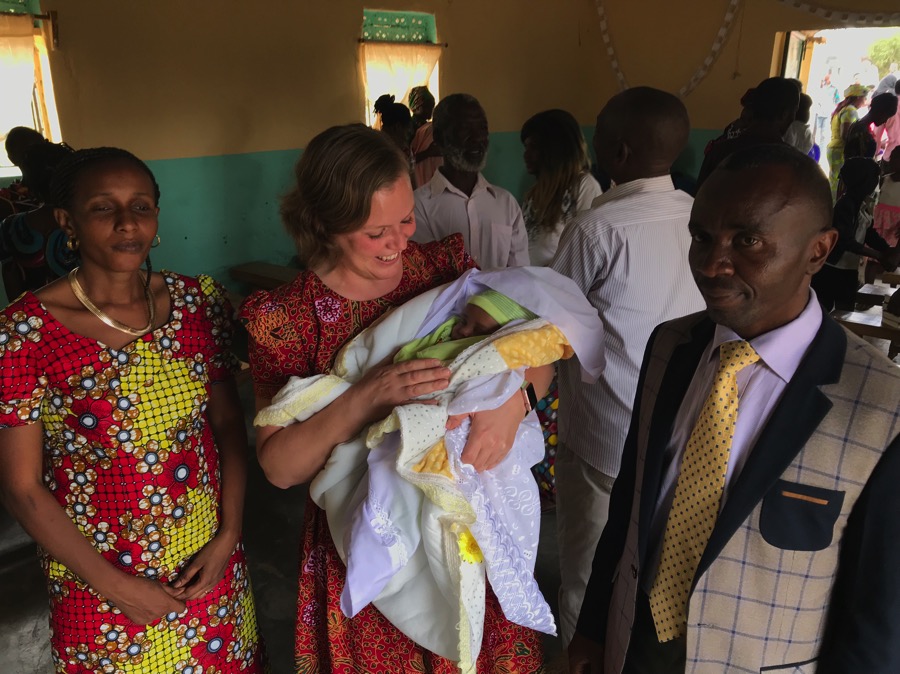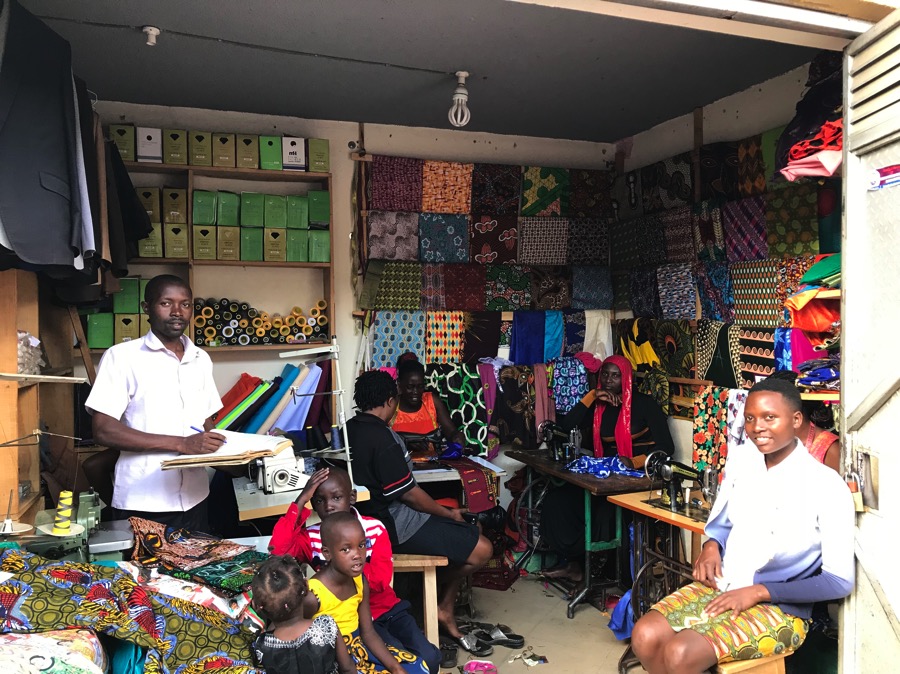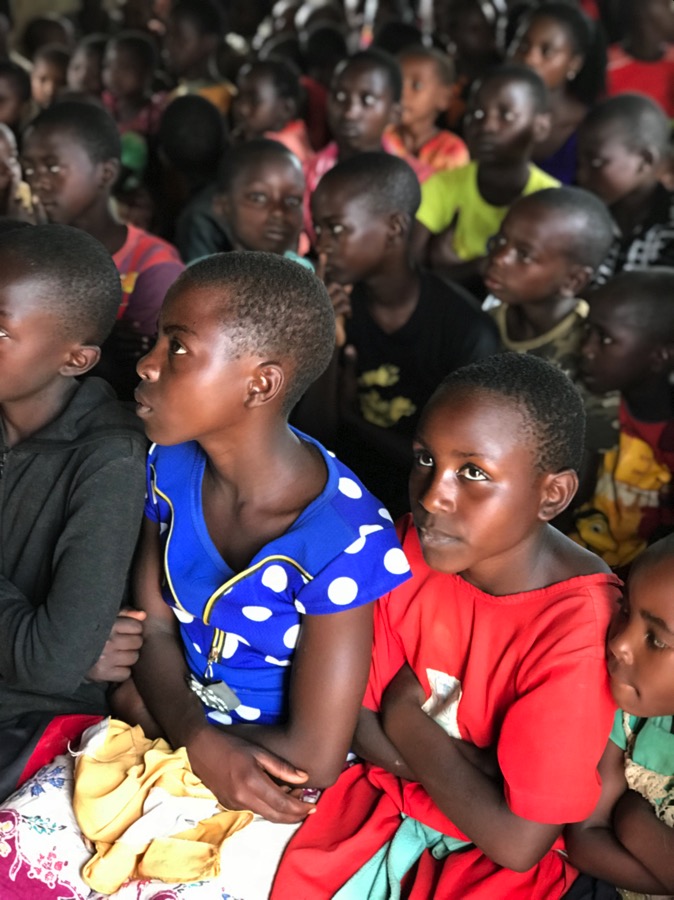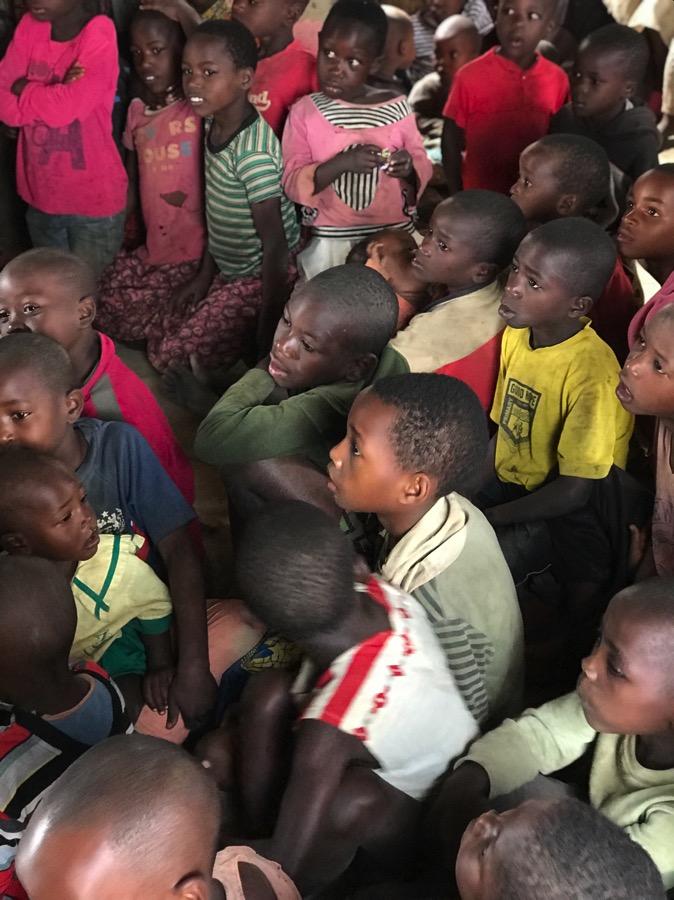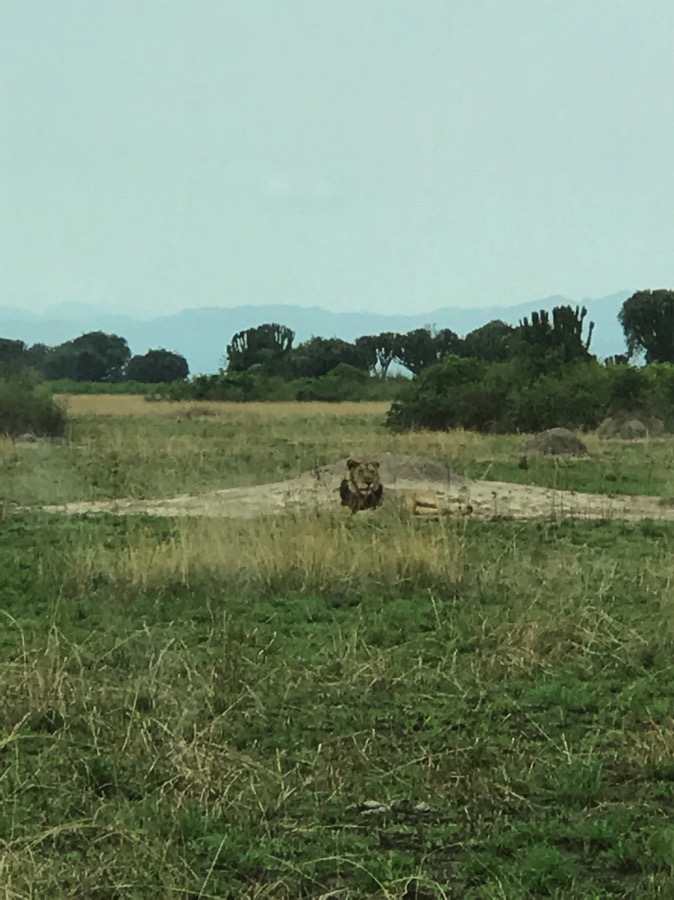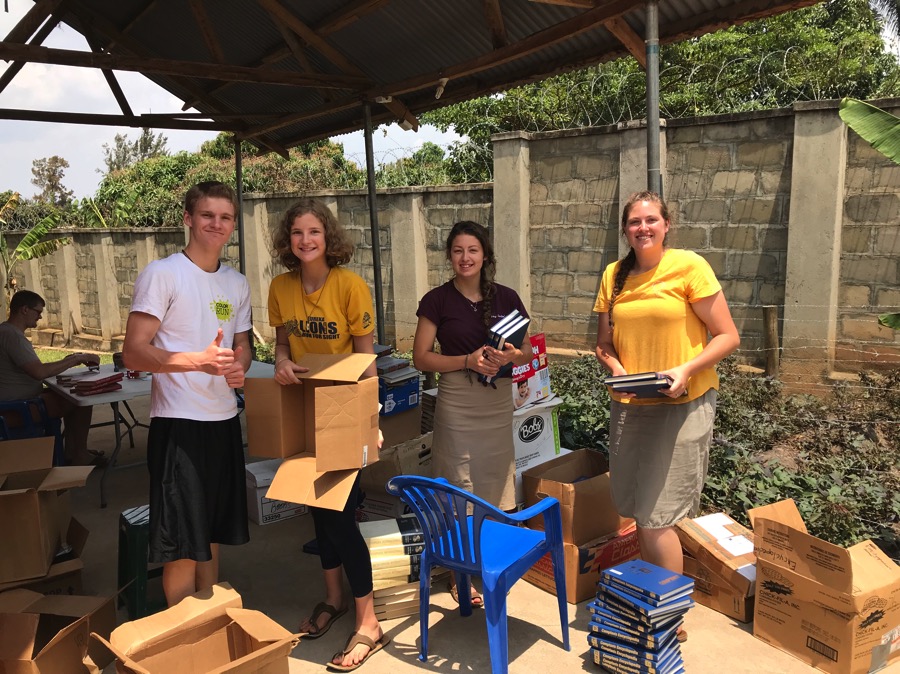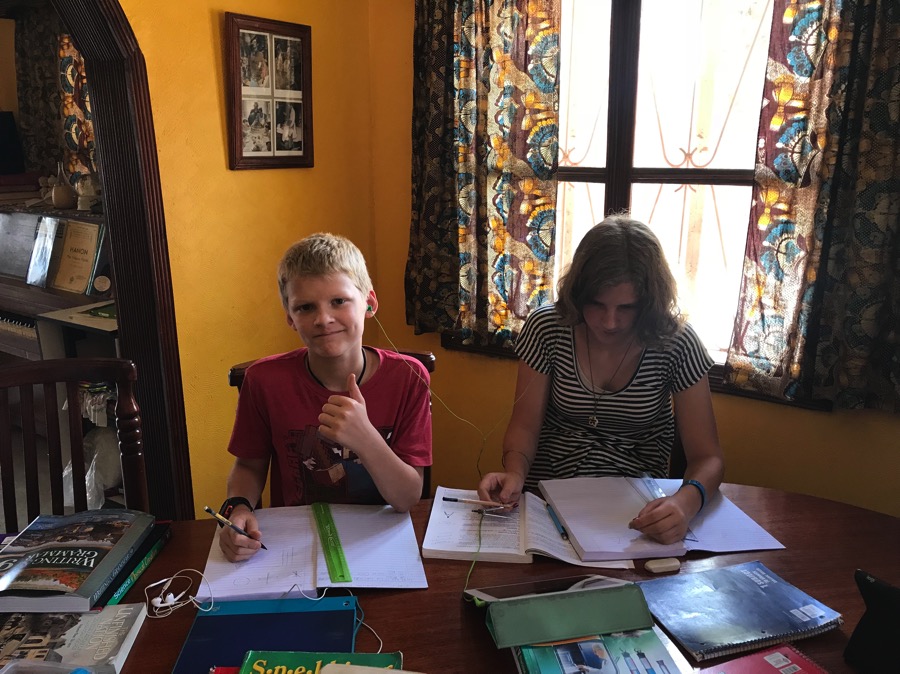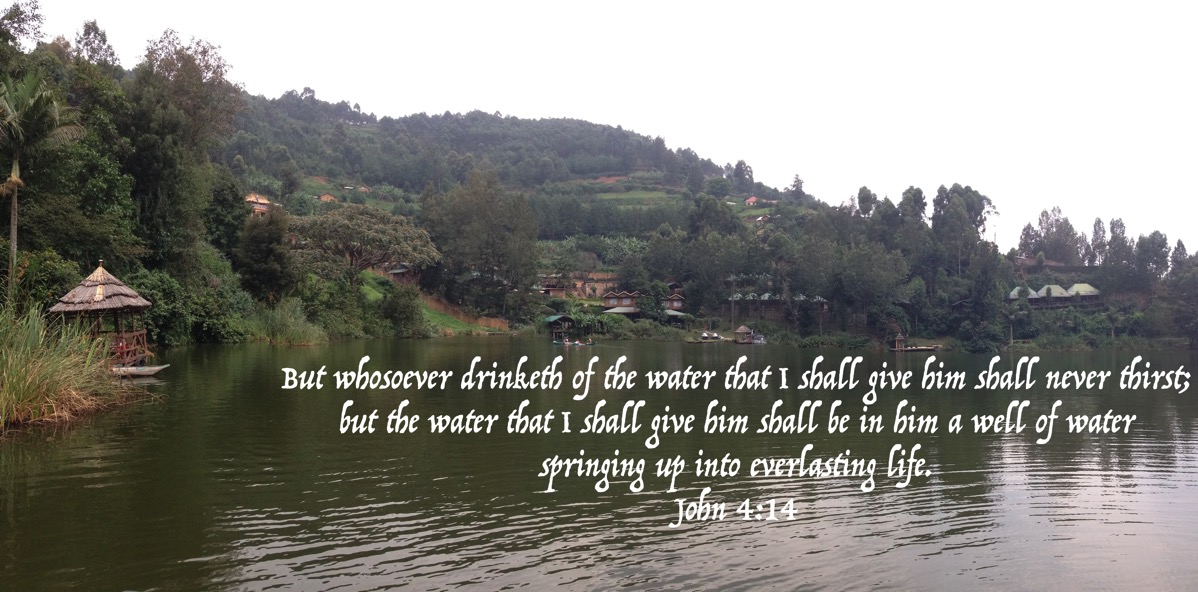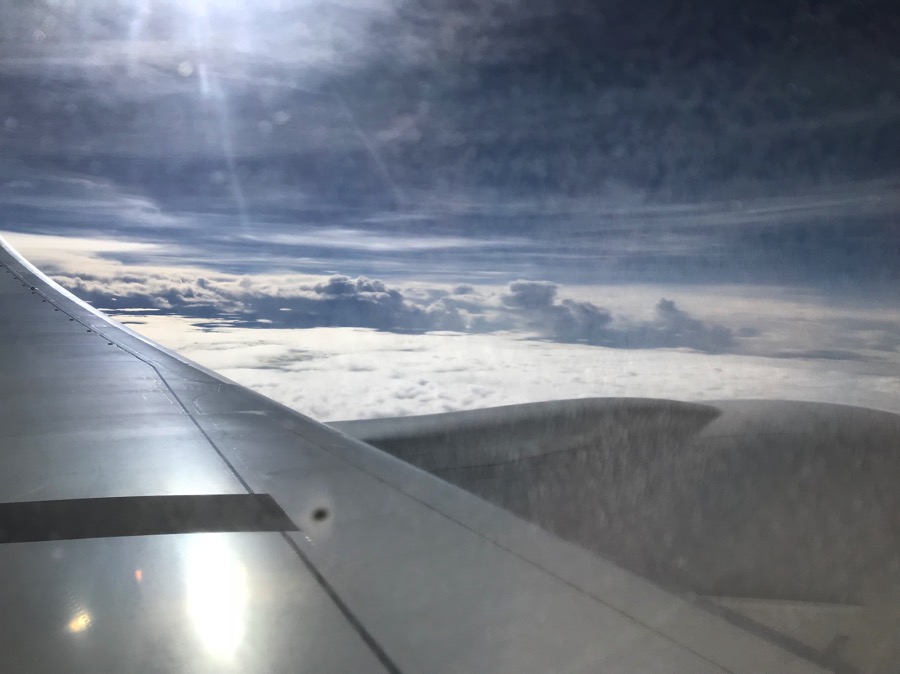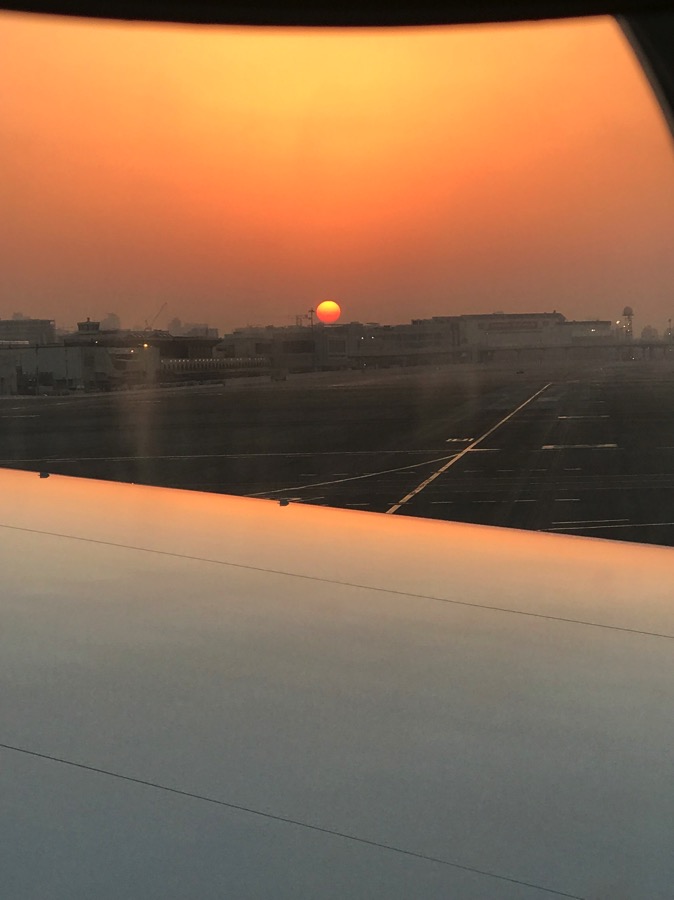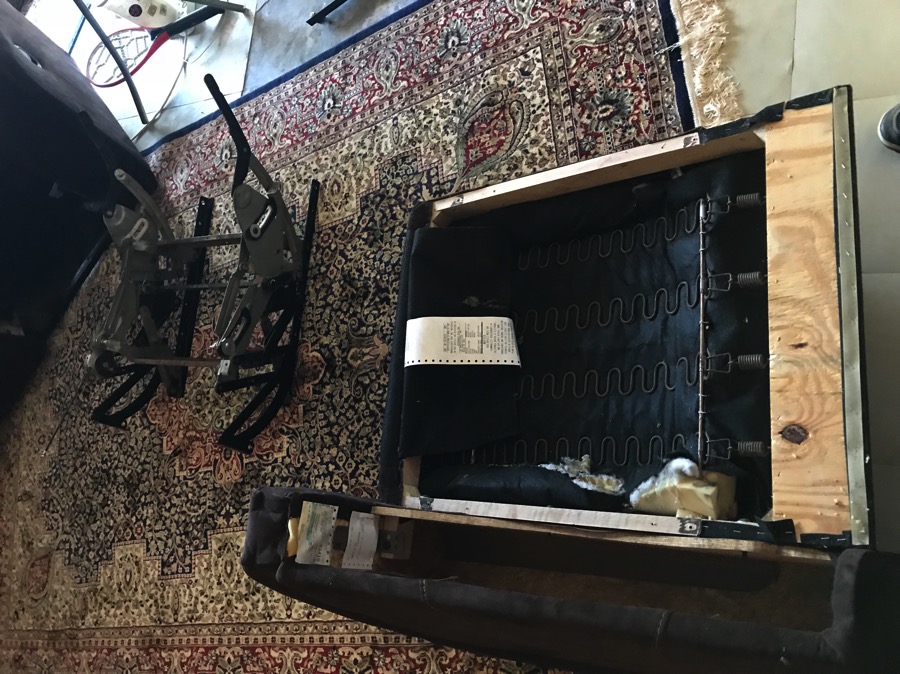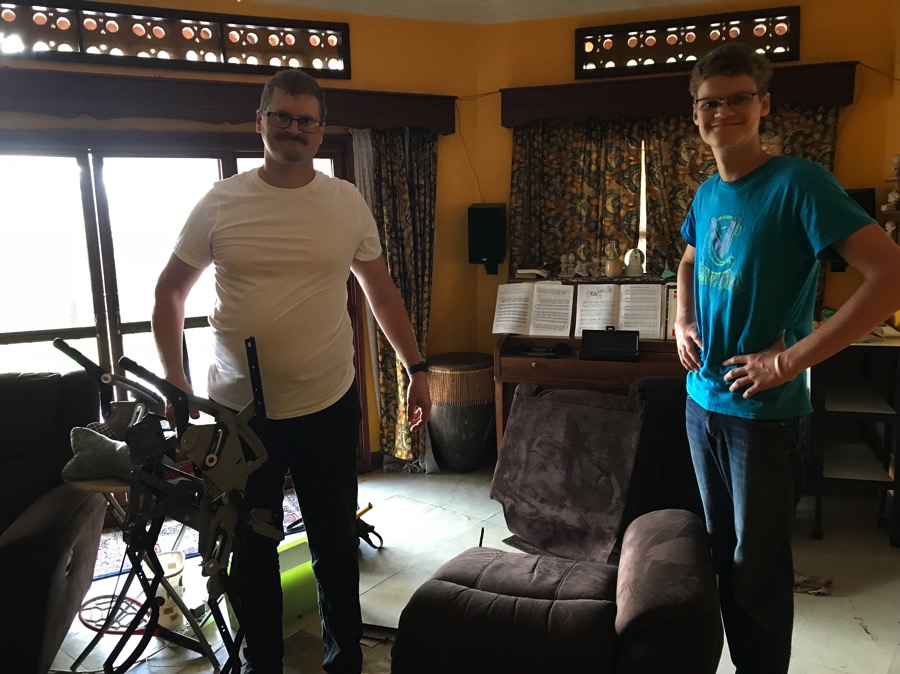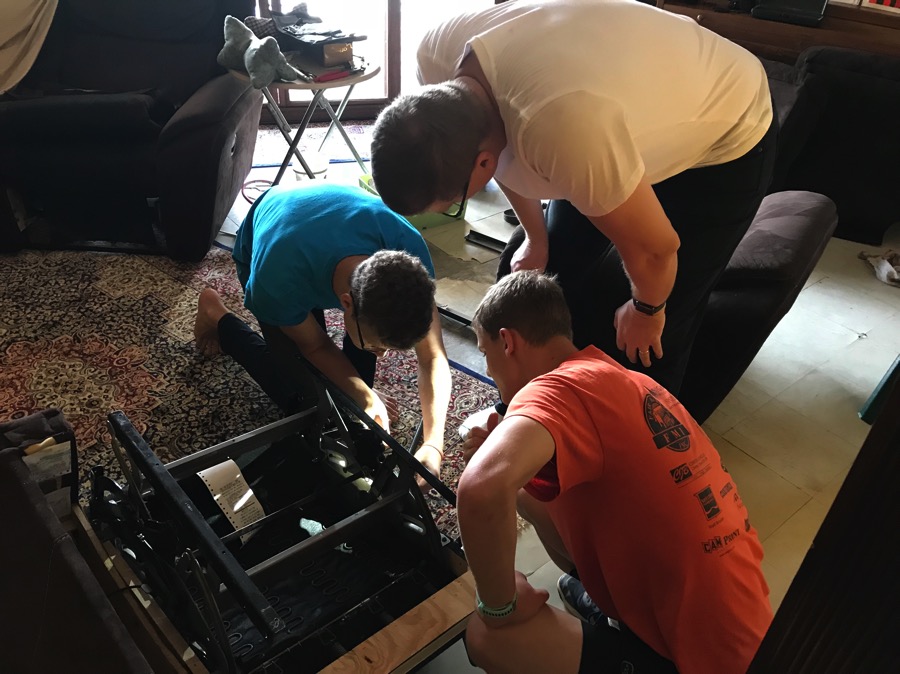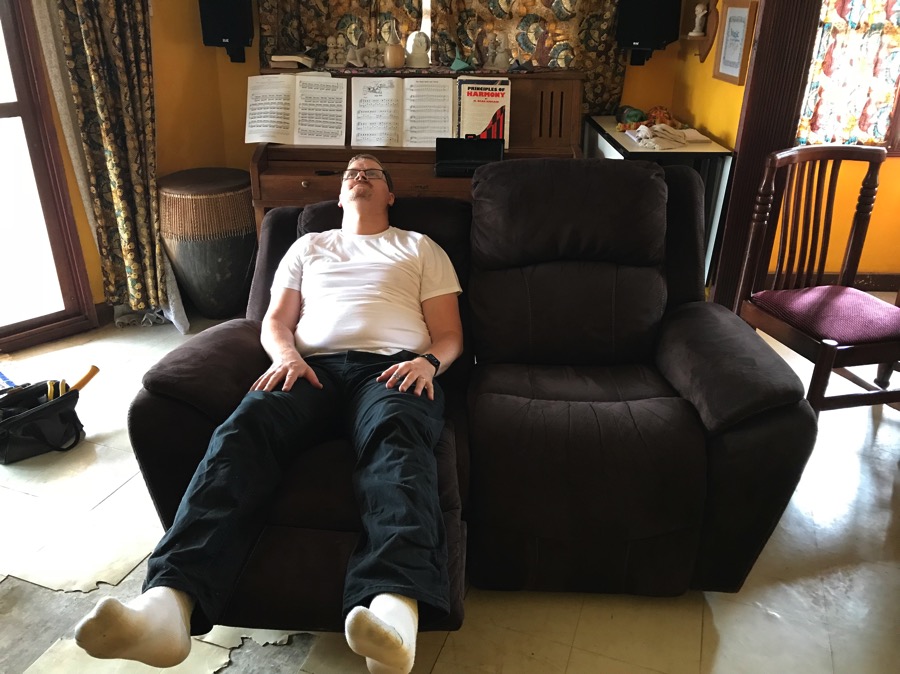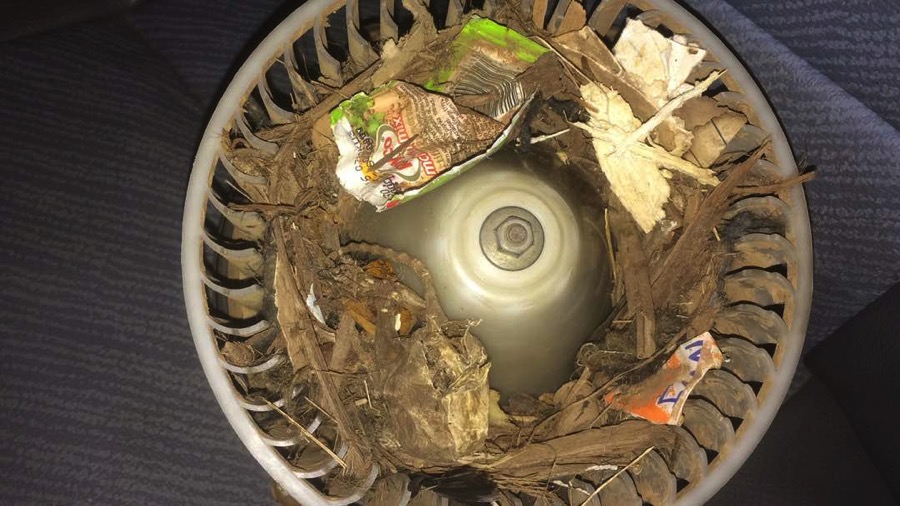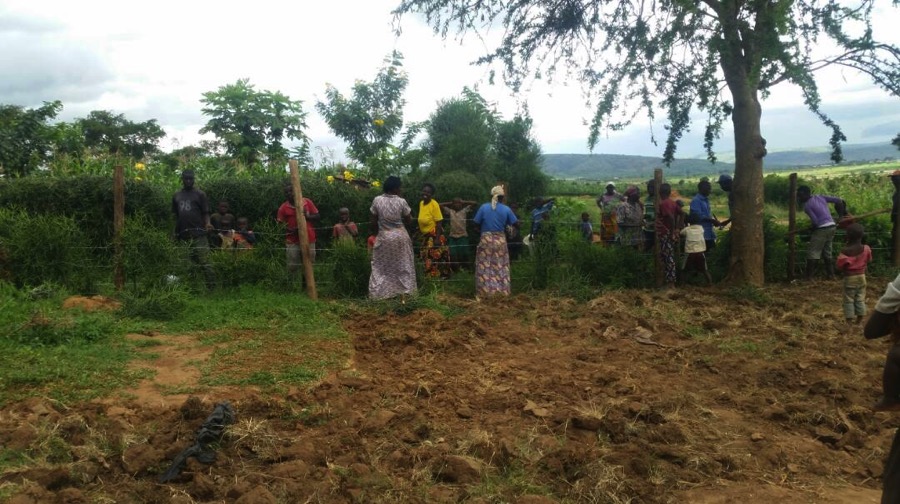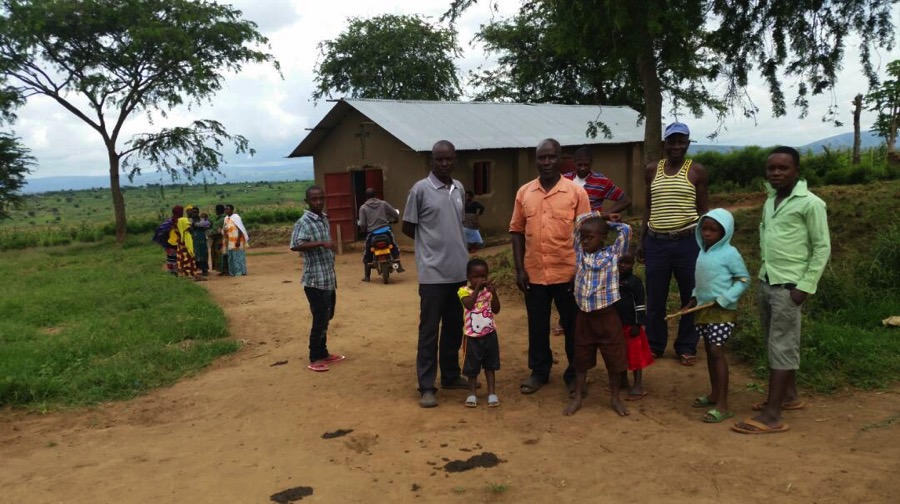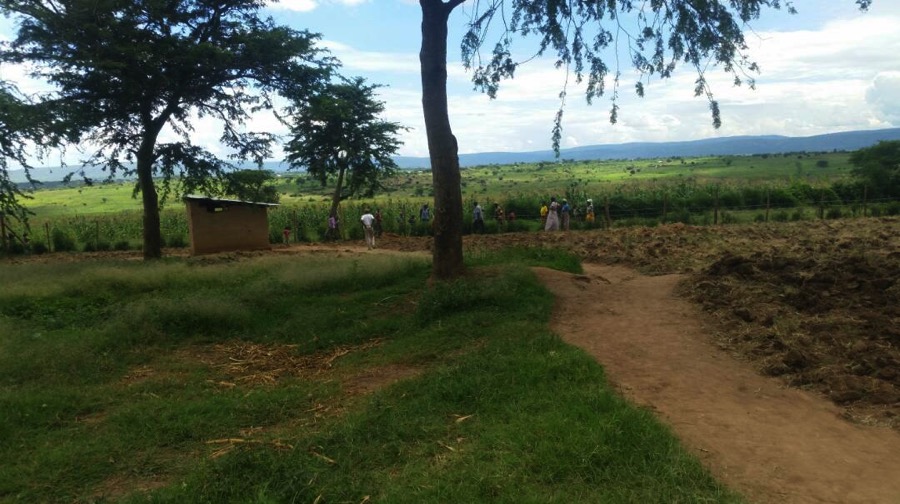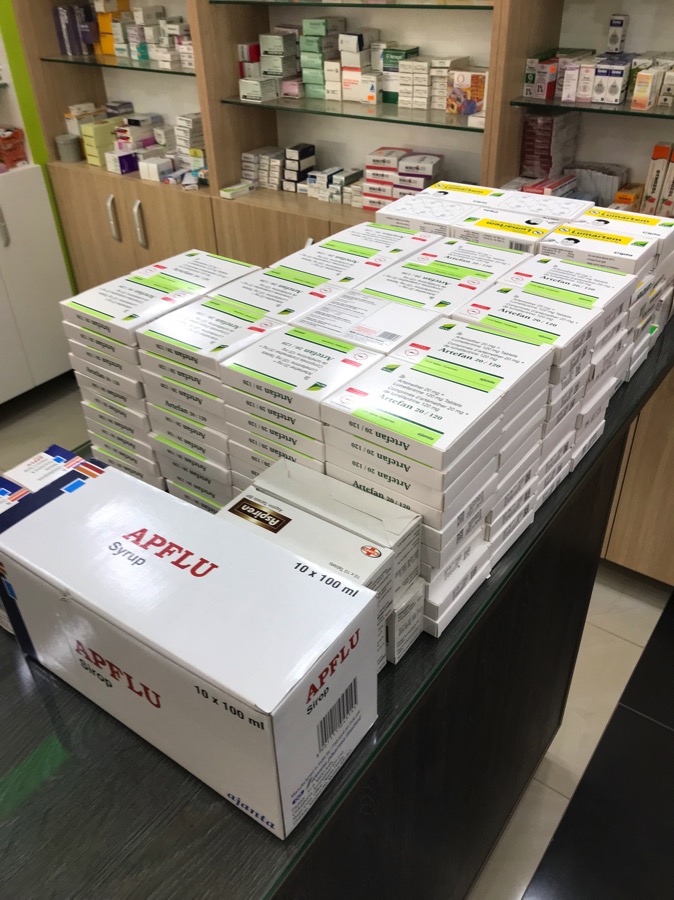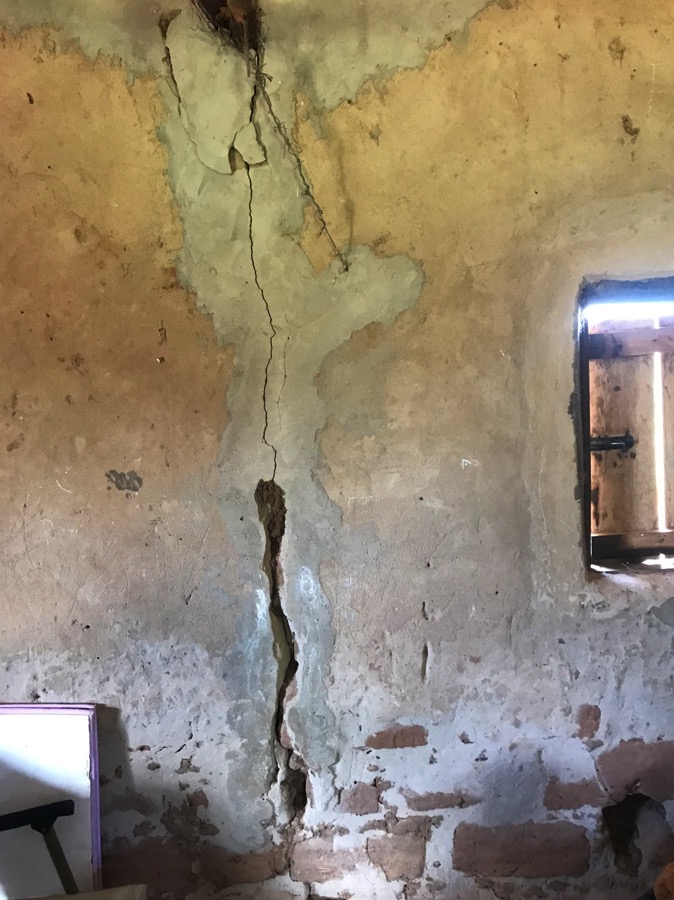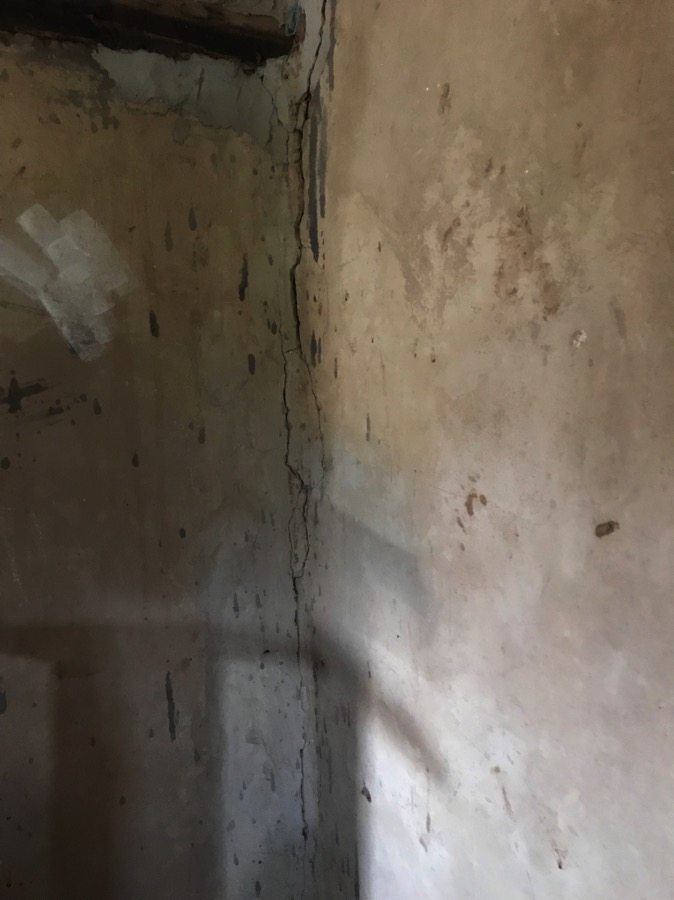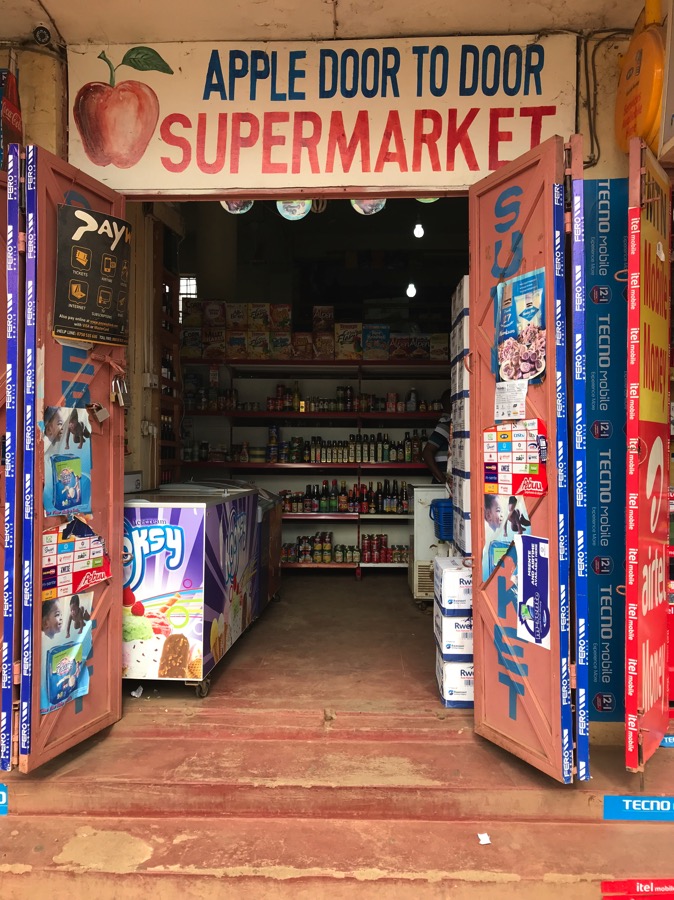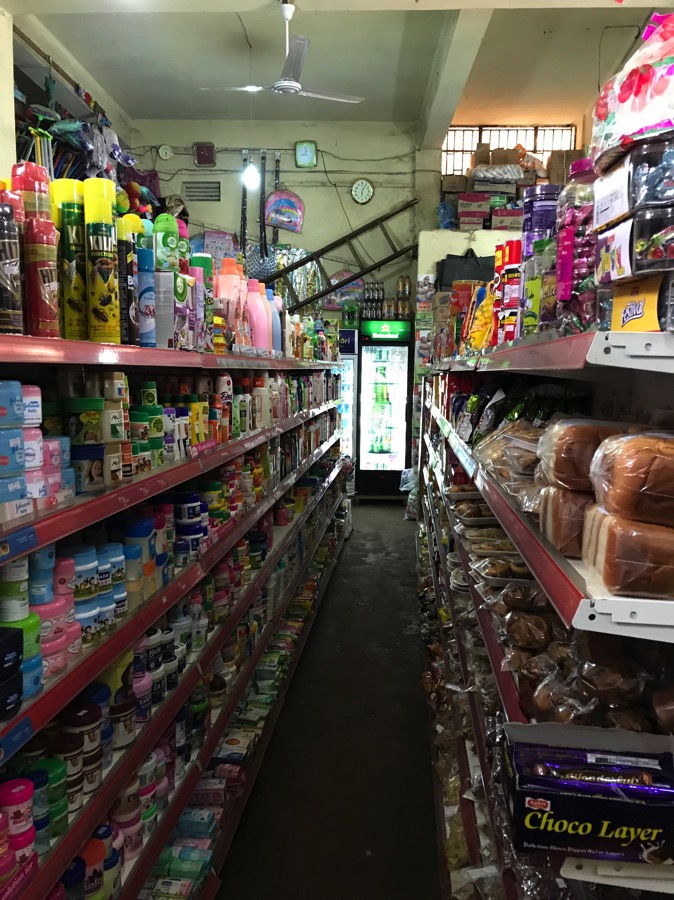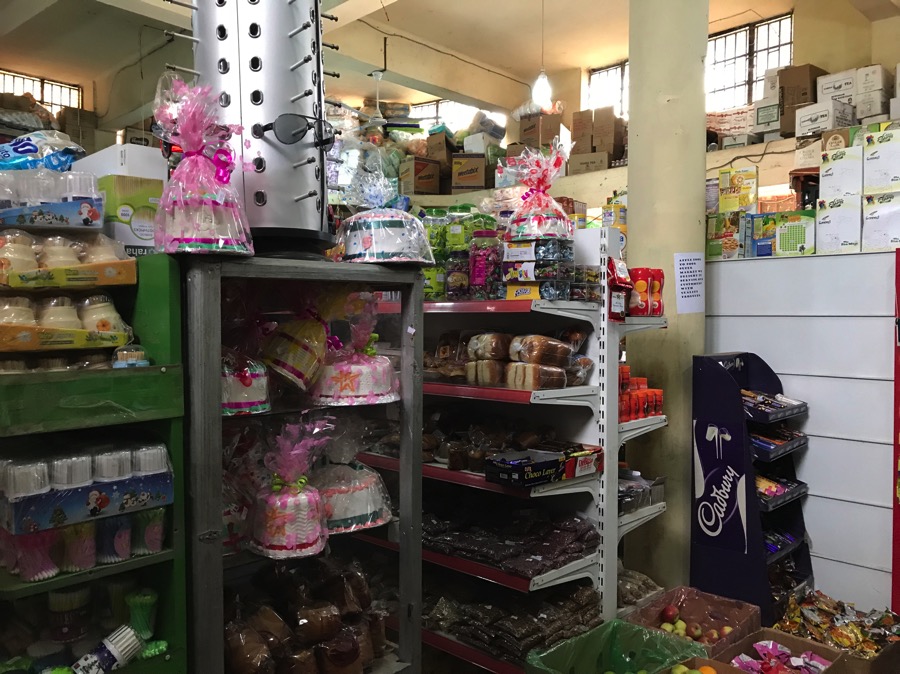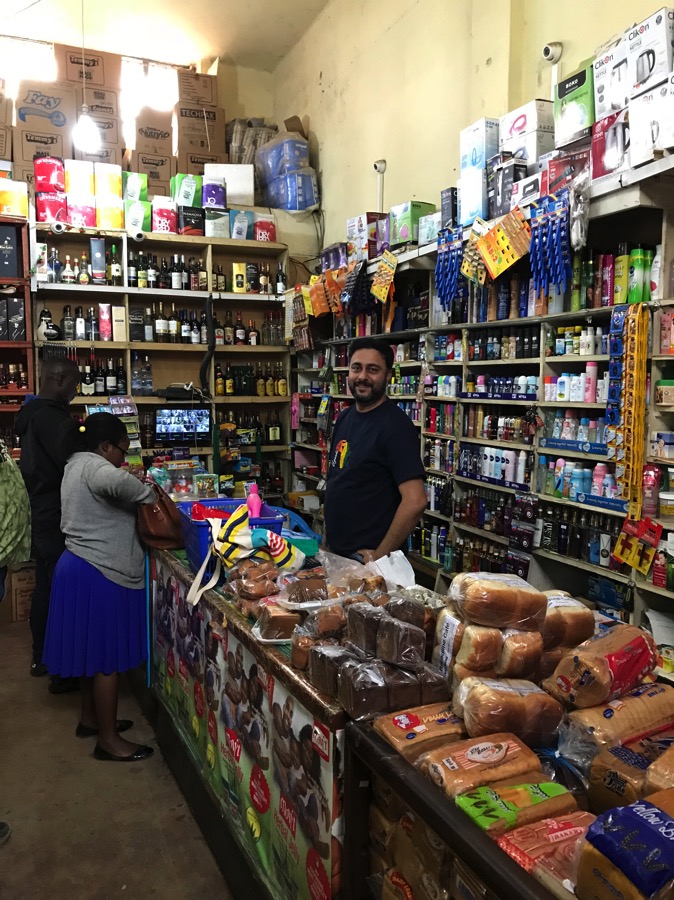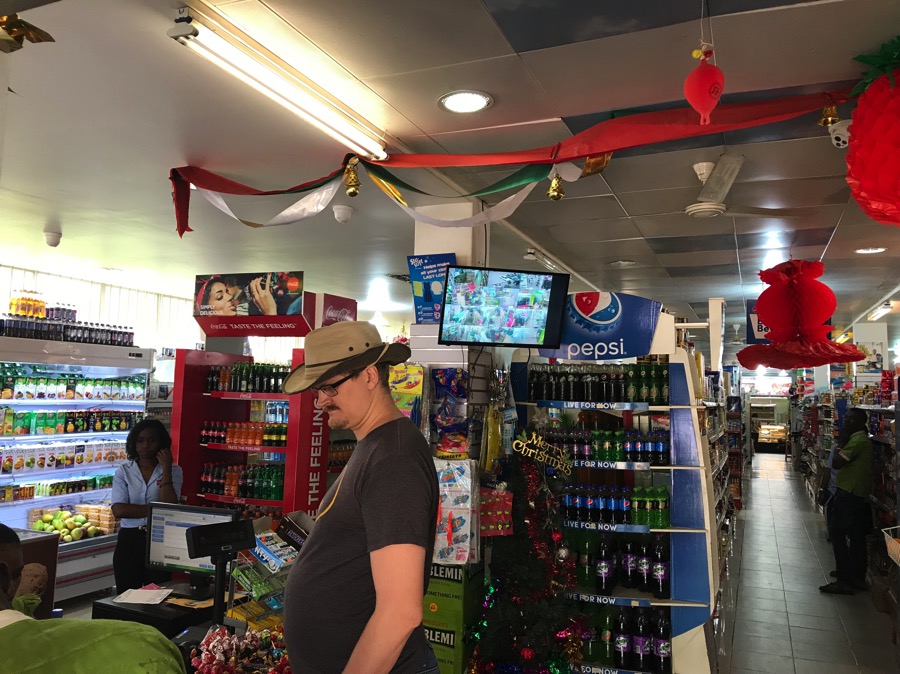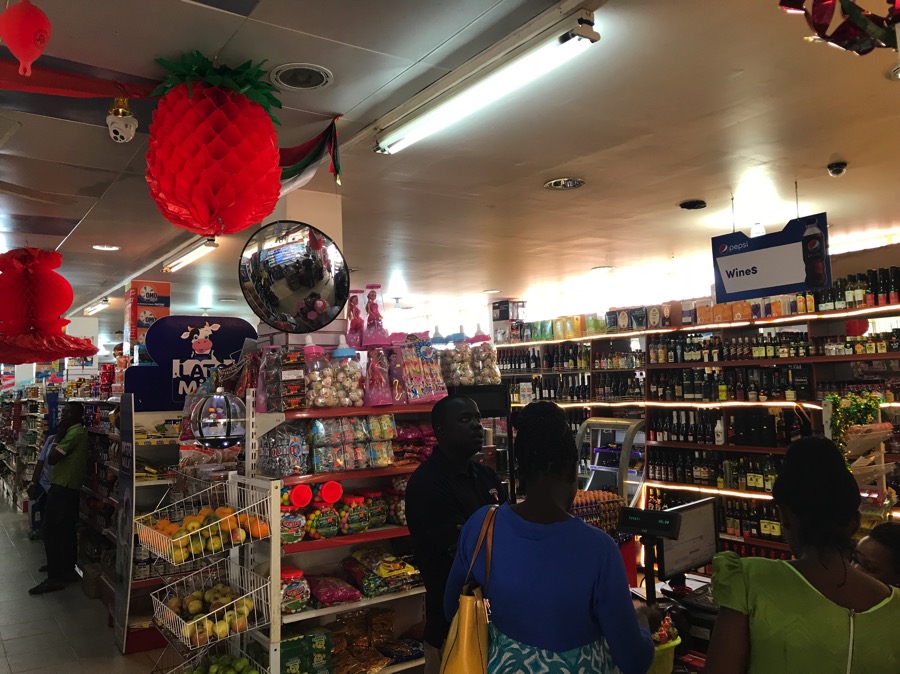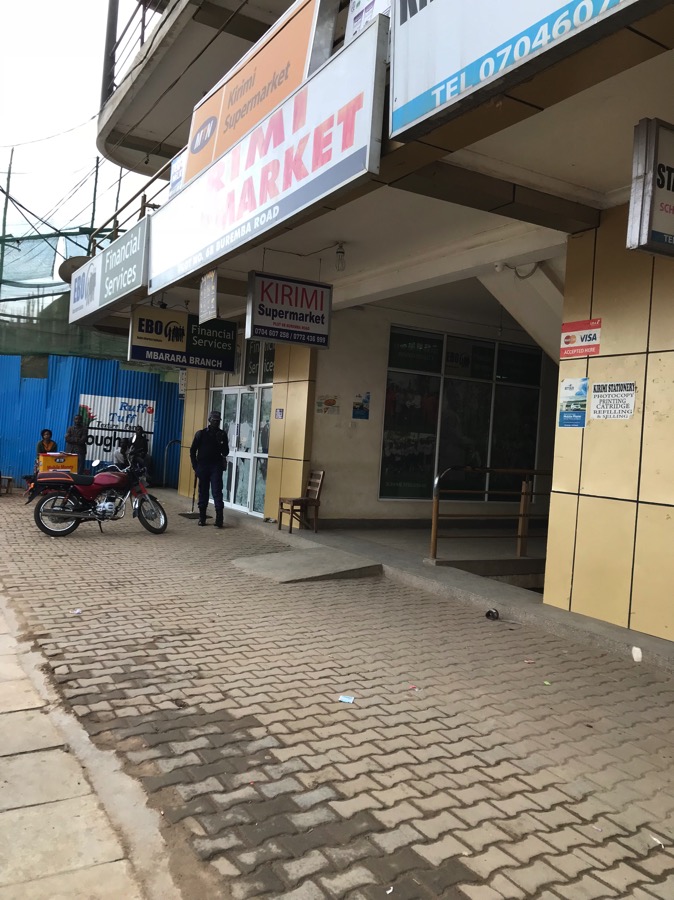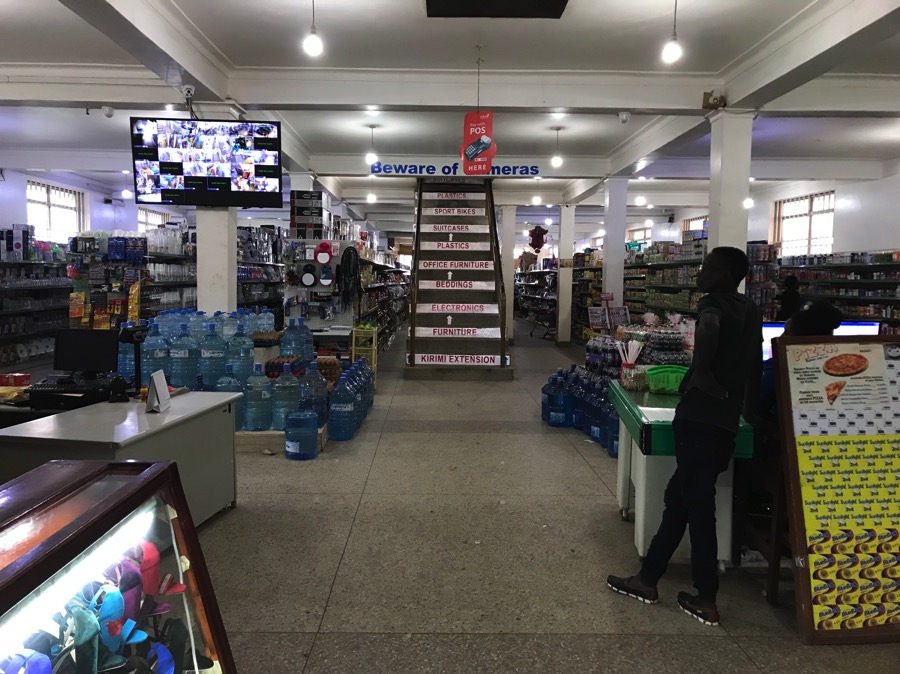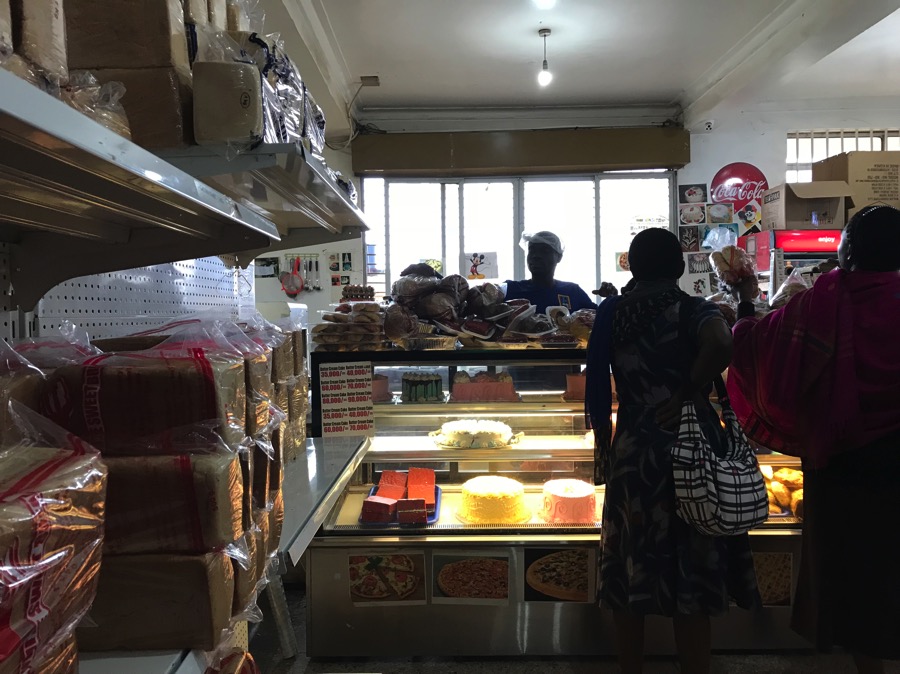A few weeks ago, someone put this sign up along one of our jogging routes:
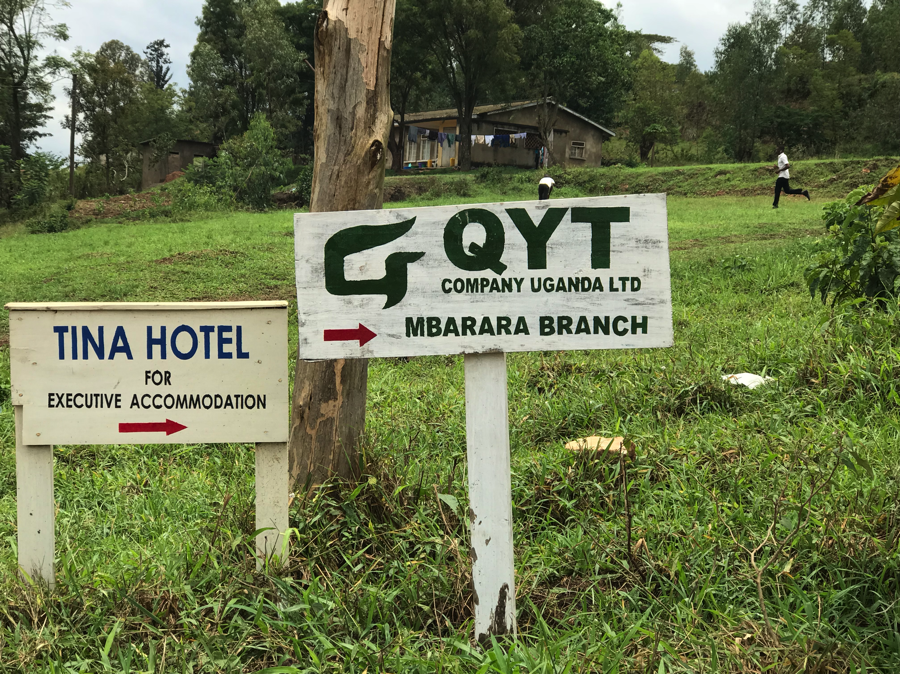
The arrow on the sign points to this hill which goes up
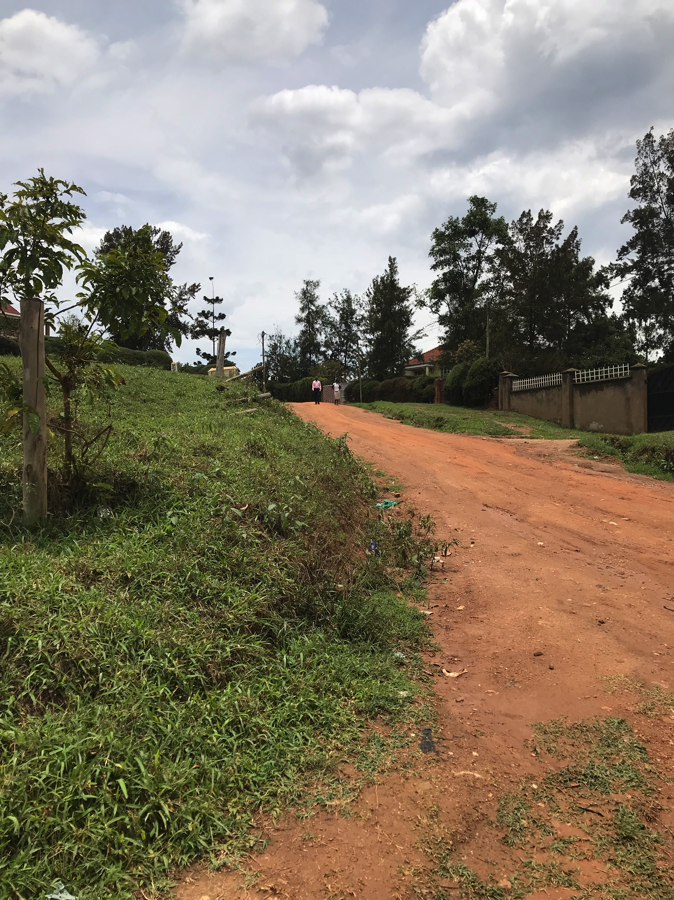
and up
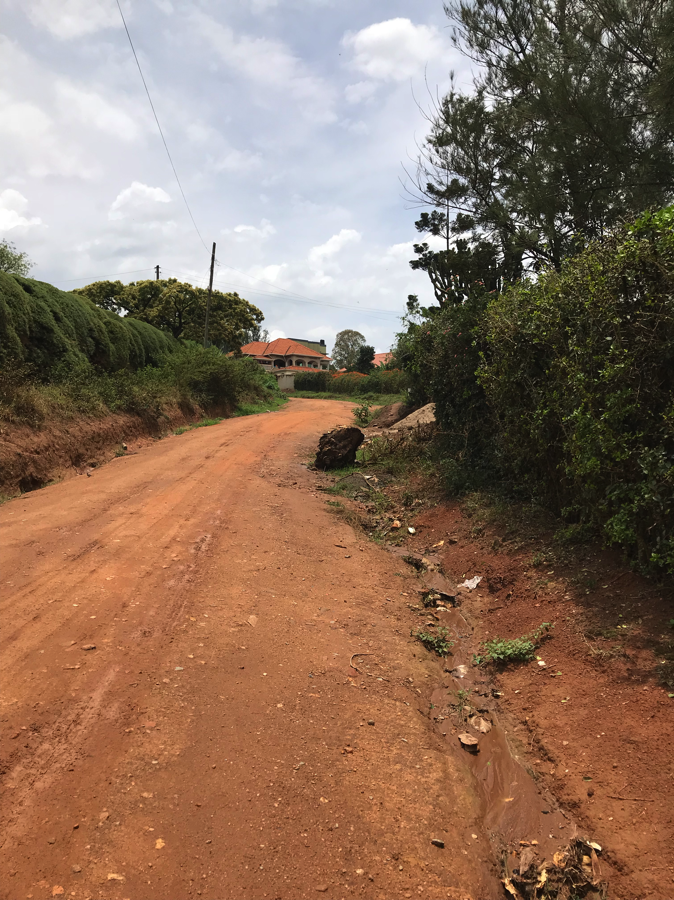
and up.
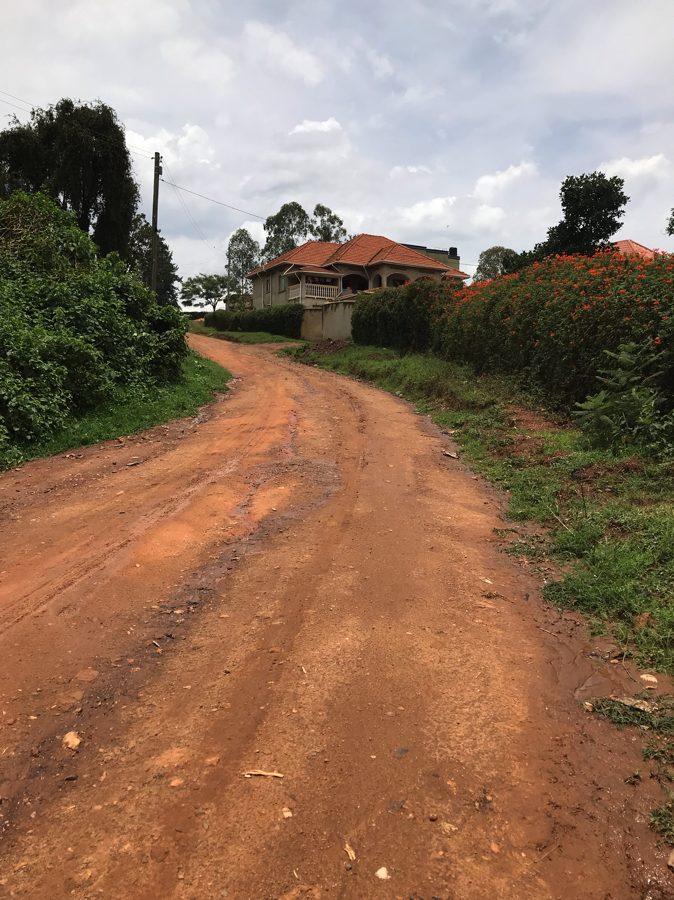
We joke that the sign at the bottom is a warning to all those who would tackle the hill. Qyt (or quit) while you’re ahead!
A few years ago I could barely walk up this hill without getting severely out of breath and wanting to quit. Now, my daughter and I jog it at least once a week. What used to be a daunting obstacle is now a challenge we face intentionally.
Life is like that. It’s like that for everyone, but often those challenges are worse for missionaries living overseas. Several months ago I wrote a post about culture stress. I wrote another about staying relevant when you live overseas.
In the interest of full disclosure, we are not, nor have we ever been contemplating quitting anything here in Uganda. But that doesn’t mean we don’t face times of discouragement or challenge. Everyone does. It’s part of life.
It’s kind of like this hill. Life’s challenges rise up in front of us. They are daunting. We don’t know if we can get through them. Yet, there they are and they must be faced.
What You Should Do When You Want To Quit
1. Slow Down
When Jesus was facing his sacrifice for us on the cross, he took time alone in the garden to pray. He stopped all outward activity. He kneeled down. The struggle was still there. (He was in agony and sweat great drops of blood!) But He took time apart to refocus on His father’s will. (Luke 22:41-44)
When facing the above hill, I must slow down. Sure, I could sprint up it full speed, but if I did that I might not be able to finish.
When I’m faced with a challenge in life, it helps to slow down and refocus on my heavenly Father and His will for me.
2. Allow Yourself to Contemplate Quitting
Wait! Don’t stop reading now! Contemplating quitting isn’t the same as quitting.
Jesus, when faced with the cross, asked God to remove the cup of His suffering from him. (Luke 22:42) Jesus is God and even He felt like quitting!
When I first started jogging up that hill, I couldn’t do the whole thing without a break in the middle. It took months to reach the point I could run up without stopping to walk. For months after that, I’d get two-thirds to the top and my body would rebel against my efforts. My hip flexors would cramp, I’d come right to the edge of an asthma attack. I wanted to quit. I thought about walking the rest of it.
Sticking through life’s challenges is a mind game, just like jogging up that hill was a mind game for me. Sometimes we give ourselves a mental edge when we *stop* fighting.
If I quit, what would I have? What would I do if I quit doing this? What would the consequences be for me? For other people?
Every time, EVERY time, God brings me to the point of seeing that what I need is NOT to quit. What I need is a mental break from the challenge. It was the same for Jesus before the cross. God sent angels to minister to Him. (Luke 22:43)
Sometimes simply contemplating quitting gives that needed mental break. Then we can refocus on God and His will and realize it’s not really what we want.
3. Pray
Jesus prayed in the garden before His crucifixion. He encouraged His disciples to do the same. Prayer refocuses us. Our vision shifts from ourselves and our problem or challenge and comes to rest on God, who is greater than any challenge. (Luke 22:40)
4. Take the Next Step
When I’m jogging up that hill, I don’t have to jog the whole thing at once. I do it one step at a time. All I have to take is the next step. Every step may be a challenge but each one gets me closer to the top.
So it is with life. We don’t have to face the whole challenge at once. We just have to do the next thing. Then the next. Then the next. It’s simple and it’s hard.
For Jesus, this meant facing the man who’d betrayed Him. Sometimes, for us, it means choosing victory over defeat. It means choosing forgiveness over bitterness. It means choosing to hope instead of doubt or fear. It means choosing joy over discouragement. It’s simple and it’s hard. But it’s one step at a time.
5. Victory Breeds Victory
Every time I succeeded in getting up that hill made it easier to run up it the next time. Now, years into adding it into our weekly routine, I don’t even think about it. My mind goes to that place where I’m not thinking about my feet and what they are doing. I think about the song in my earbuds. I think about a story I’m writing. I think about the little kids yelling at me as I jog past. Once, a good friend of ours drove past in his car and had to honk to get my attention. I was so far into the zone I didn’t notice him.
Every time we face our desire to quit and come out victorious, we make it easier to face it with victory the next time. Victory breeds victory. Every right choice is easier the next time. Step by step, we find ourselves on the other side of the problem or struggle and now we can see it from above, from God’s perspective. We can face the next challenge from a place of victory.
How can we have this victory? How can we walk in it? We have it because, when faced with His greatest challenge, Jesus chose to face it and walk through it. We have victory through His victory.


